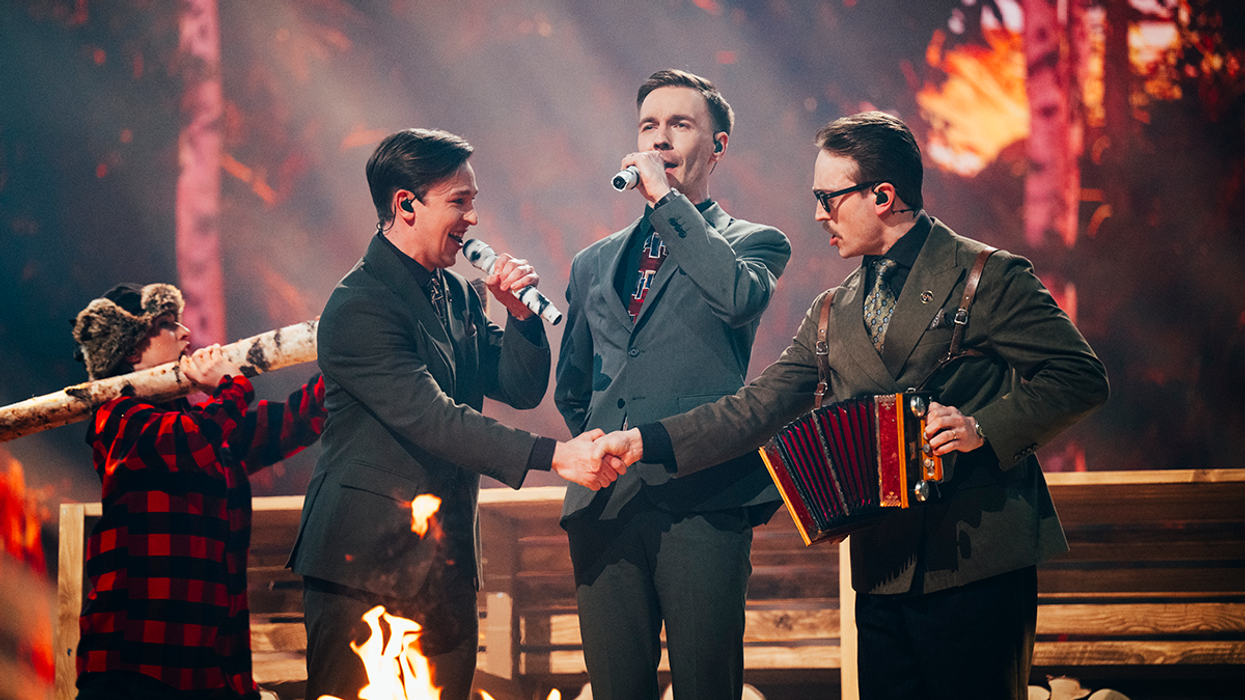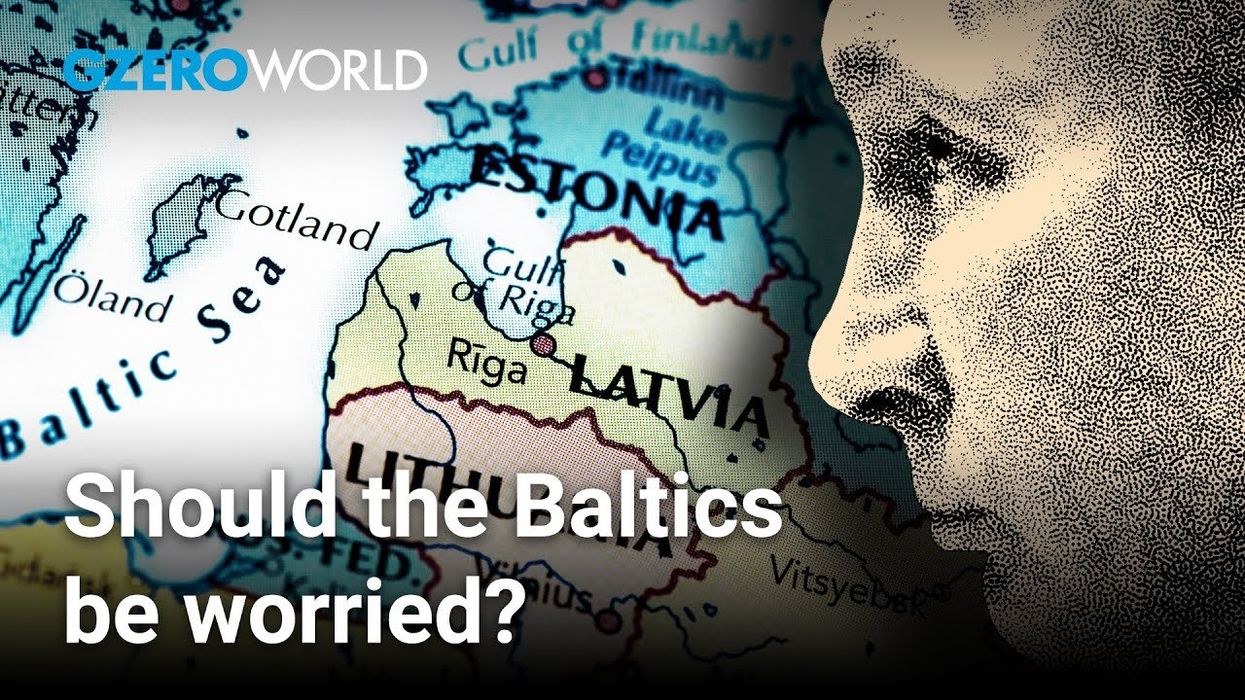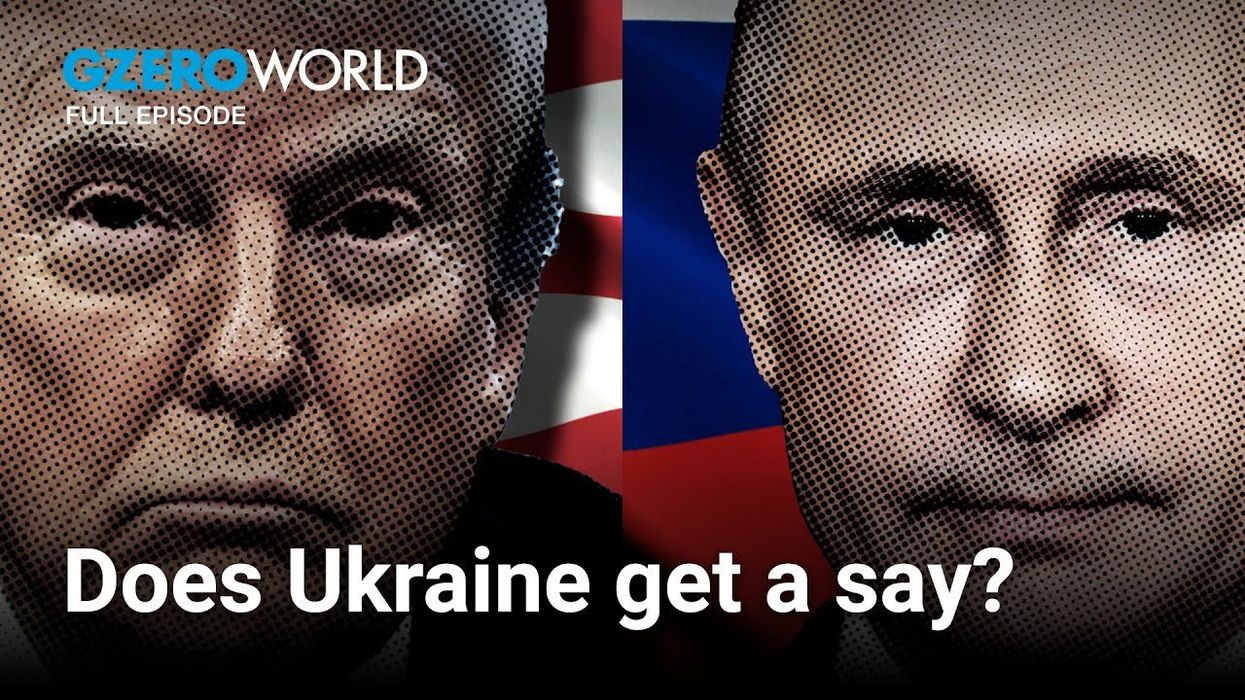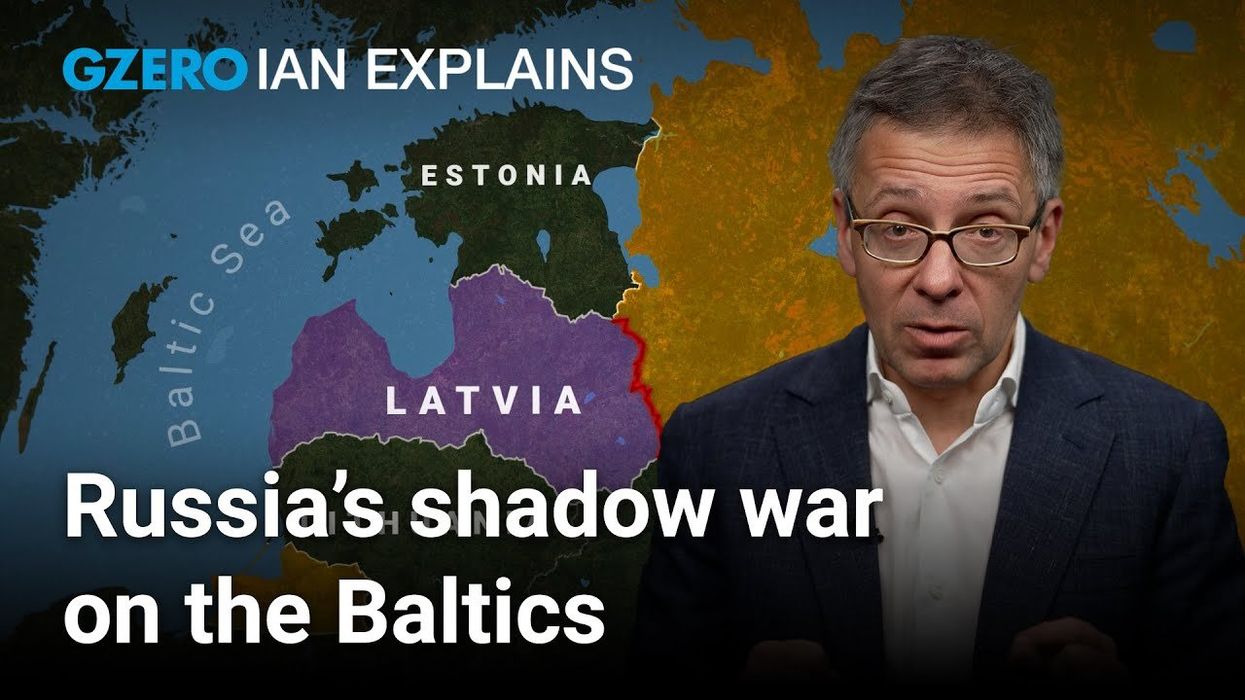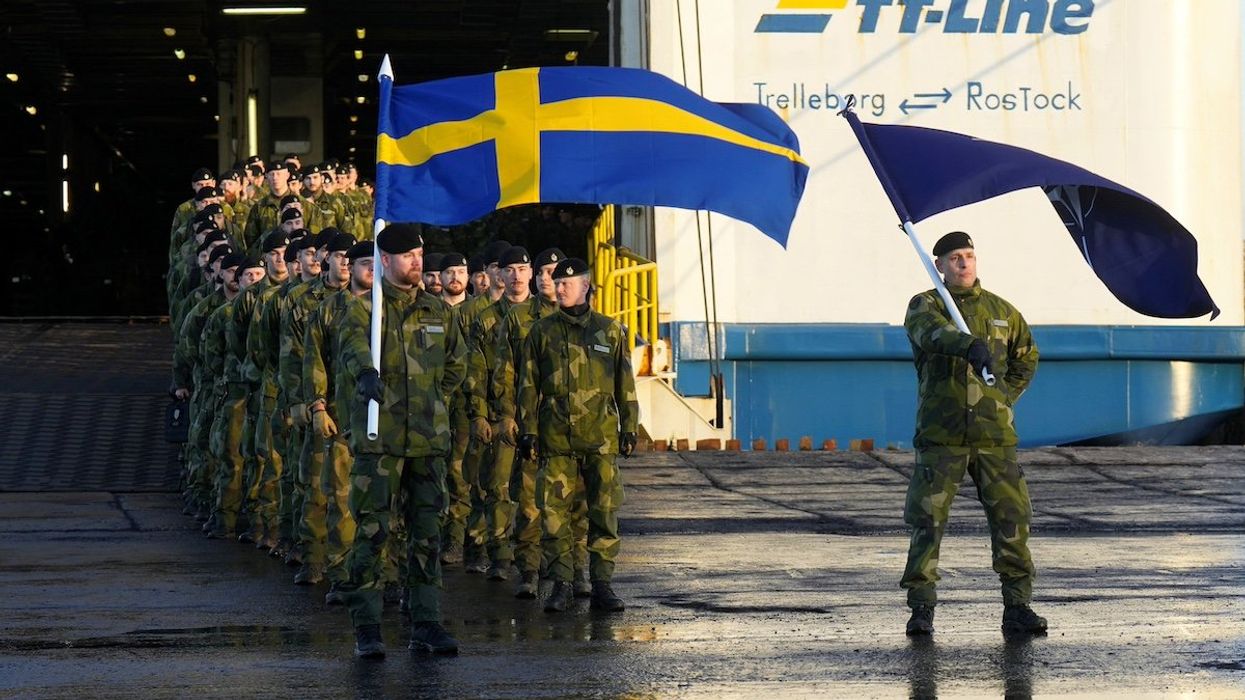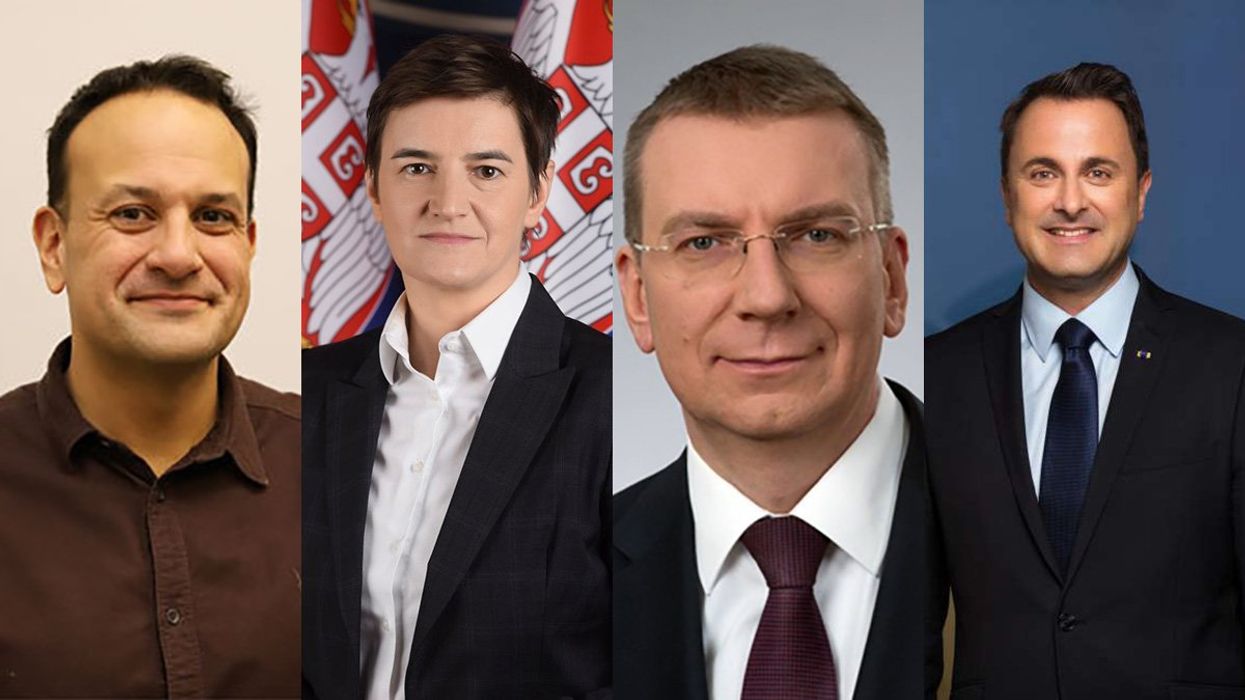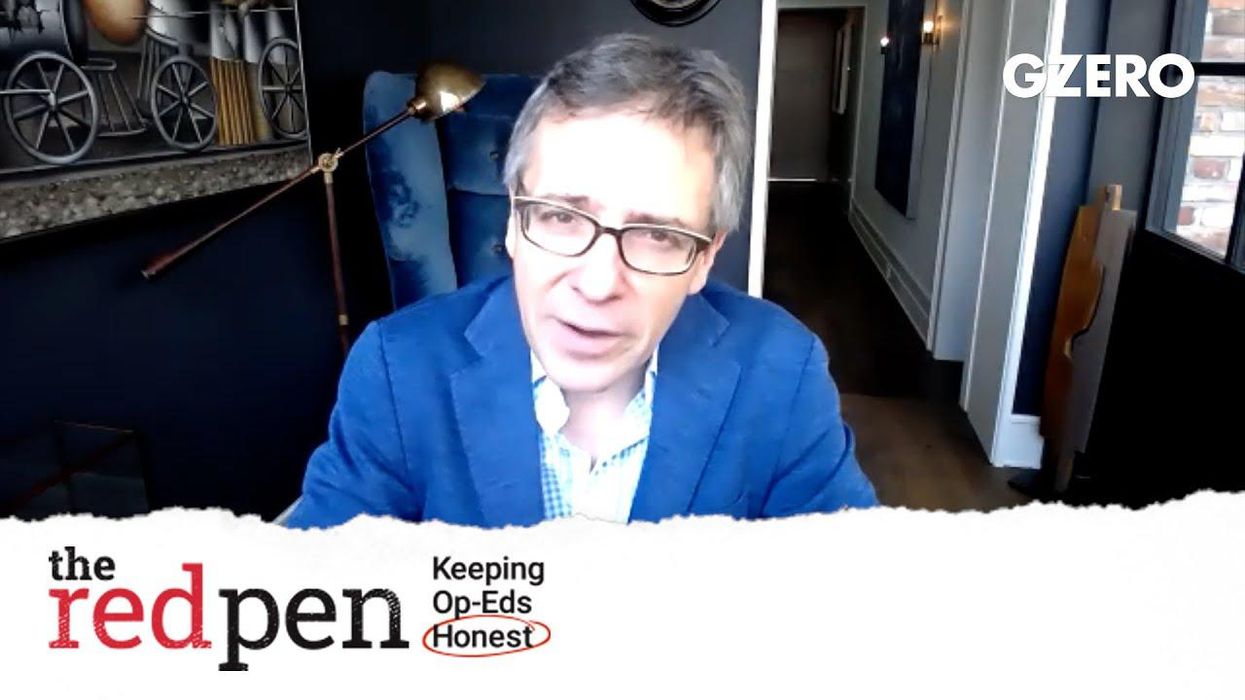What We're Watching
At Eurovision 2025: Glitter, geopolitics, and a sauna diss track
Europe’s glitter-soaked, pyrotechnic-powered, music competition fever dream – otherwise known as the Eurovision Song Contest – takes place Saturday in Basel, Switzerland at 9pm CEST (3pm ET). It’s part talent show, part geopolitical popularity contest, and fully unhinged fun.
May 15, 2025
